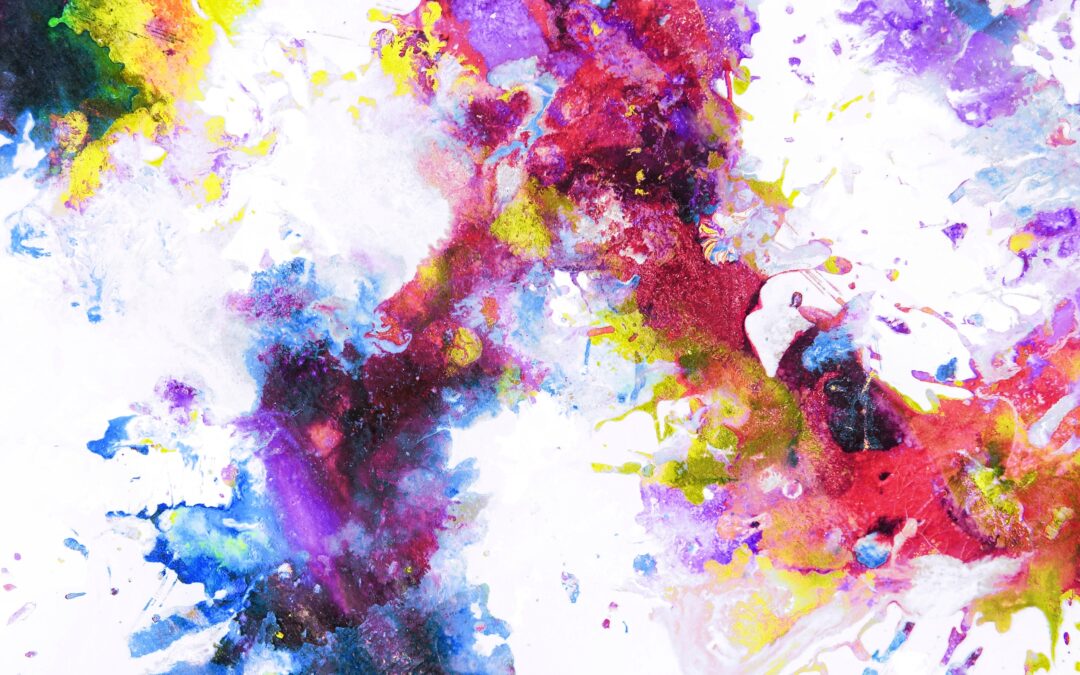By 2026, the market for anxiety and depression treatment will reach $18.9 billion in the US. This estimate is expected to inundate the mental health industry, leaving many professionals seeking more effective therapies for their patients. Currently, 30% of depression cases are treatment resistant, which begs the question as to why the current suite of anti-depressant medications available are not yielding better outcomes.
Despite the advances in the history of depression treatment, there are several drawbacks to these medications. All antidepressants can carry side effects including nausea, dizziness, insomnia, and sexual dysfunctions. These drugs usually take several weeks, if not longer, to really start to work and many people with depression do not respond to these drugs at all. These shortcomings demand new options for mental health treatments.
The answer might just lie in the use of psychedelics for mental health. Psychedelic drugs are not a new phenomenon. Many of them are found in nature, such as in fungi, trees, seeds, and leaves. Others are created synthetically to mimic those of natural hallucinogens. These drugs have been used by different cultures to facilitate mystical and spiritual experiences and to treat mental illness since ancient times.
Recreational use of psychedelics became popular in the 1960’s which lead the US government to classify them as “drugs of abuse.” Recent clinical studies, however, have shown mounting evidence that some psychedelics can help patients with certain mental illnesses, primarily in situations where nothing else has worked.
“People are getting behind psychedelic-assisted therapies because they are desperate for real solutions that actually work, and for many, this treatment does,” said Liana Gillooly, a development officer at MAPS. Drugs such as ketamine, LSD, psilocybin and others may be the new “miracle treatments” of the future. Traditional antidepressants work by increasing the amount of serotonin available to bind to serotonin receptors.
The impact psychedelics have reaches far beyond serotonin, however. Researchers believe these drugs alter the way neurons connect to one another, allowing patients to essentially rewire neuronal circuits. As a result of the way in which psychedelic drugs interact with the brain, the outcome is that symptom relief is nearly immediate, long-lasting and with minimal side effects.
Psychedelics show good promise to be a game changer in the arena of mental health. The recent surge in research around psychedelics is only expected to continue gaining steam. This is especially true due to the large effects for very difficult to treat disorders, which are overshadowing the best existing medications. Combine this with the peak levels of mental health trouble, and the future for psychedelic therapy offers exciting possibilities.
[ninja_form id=3]

